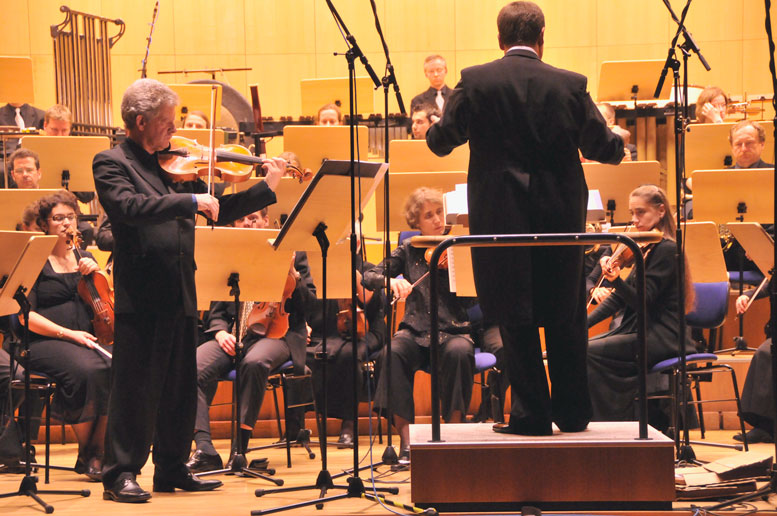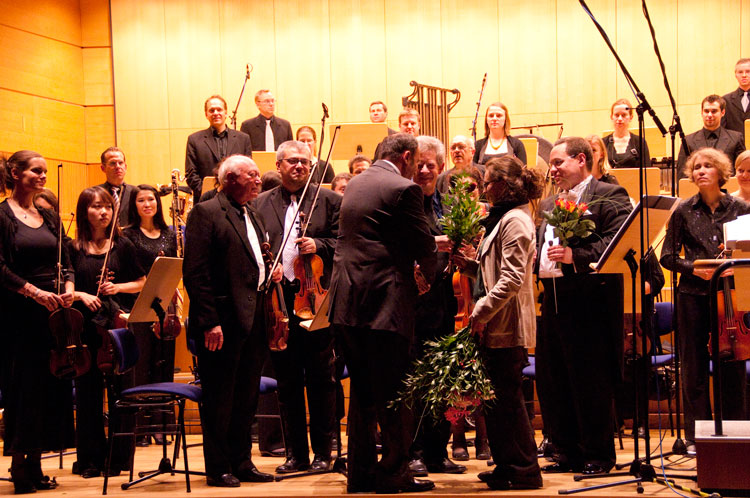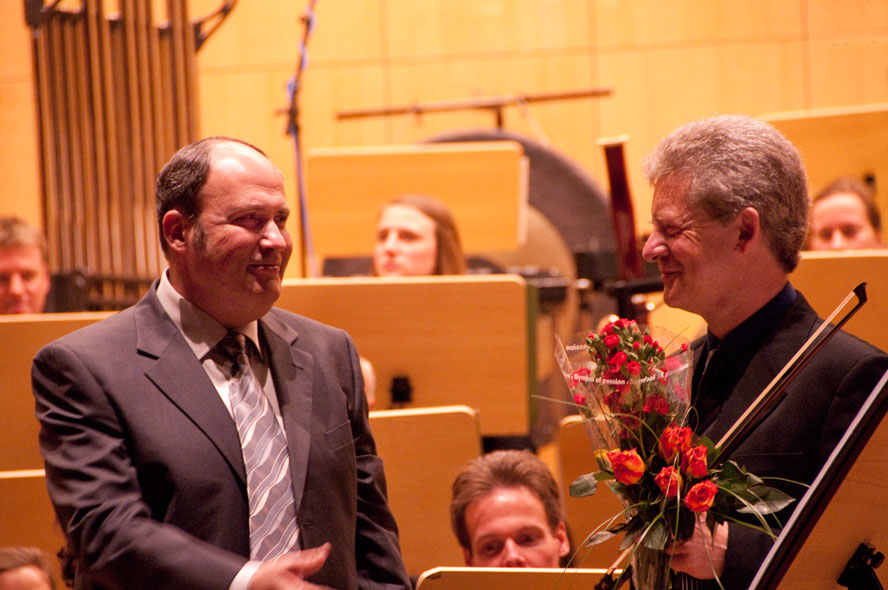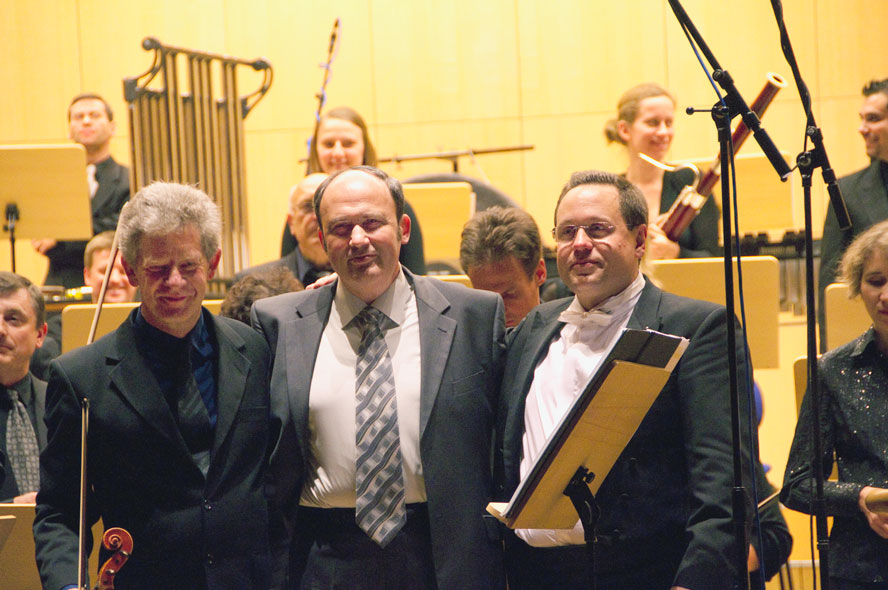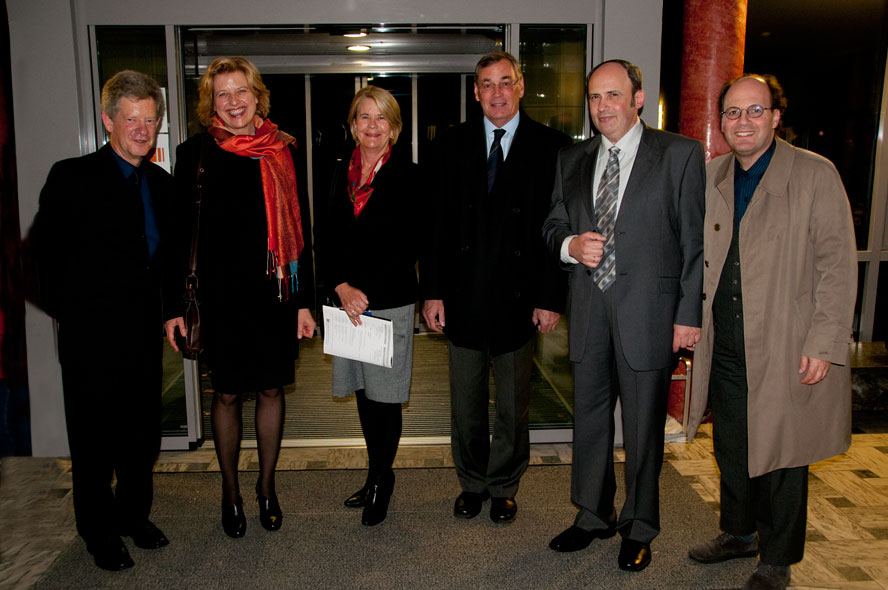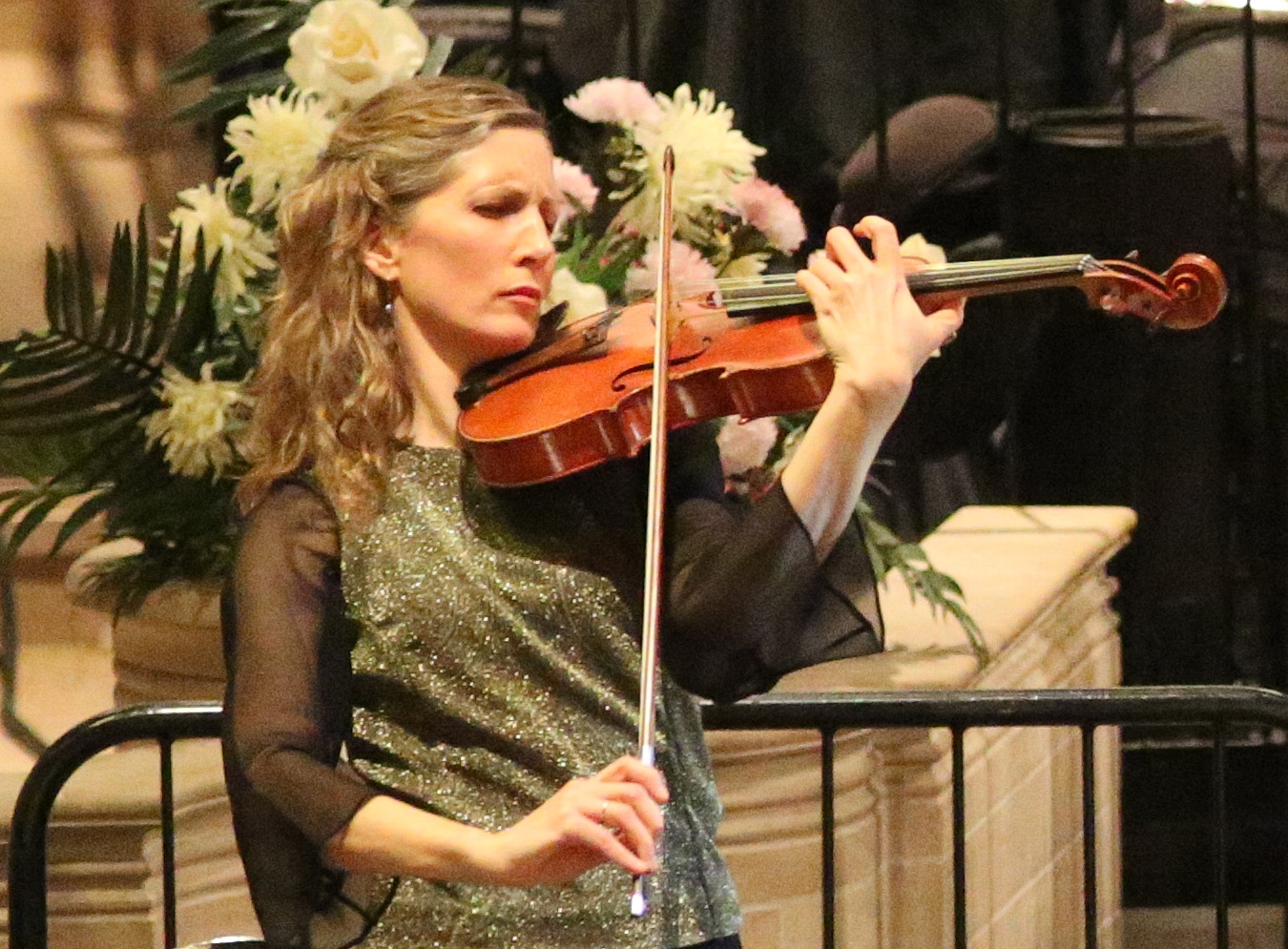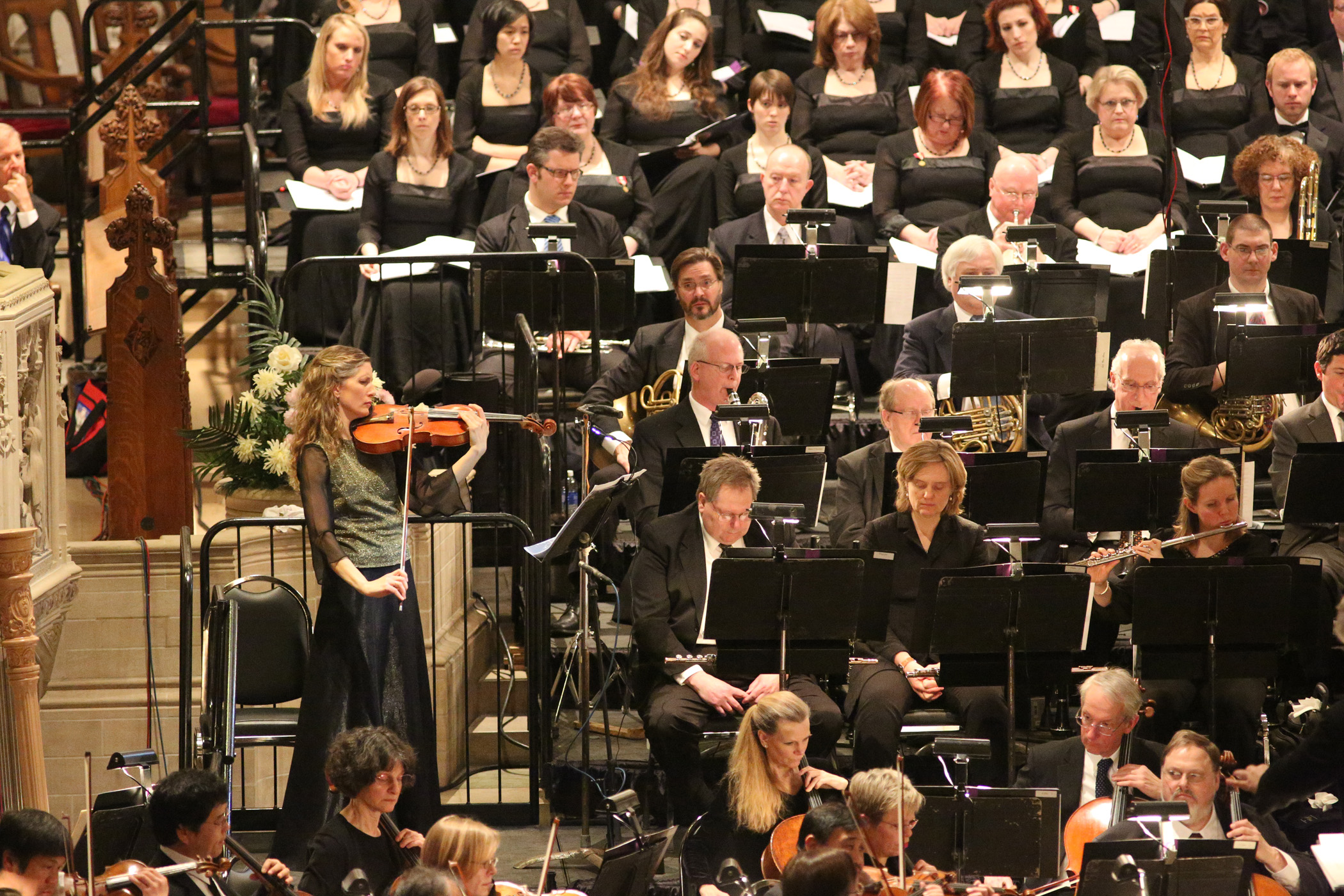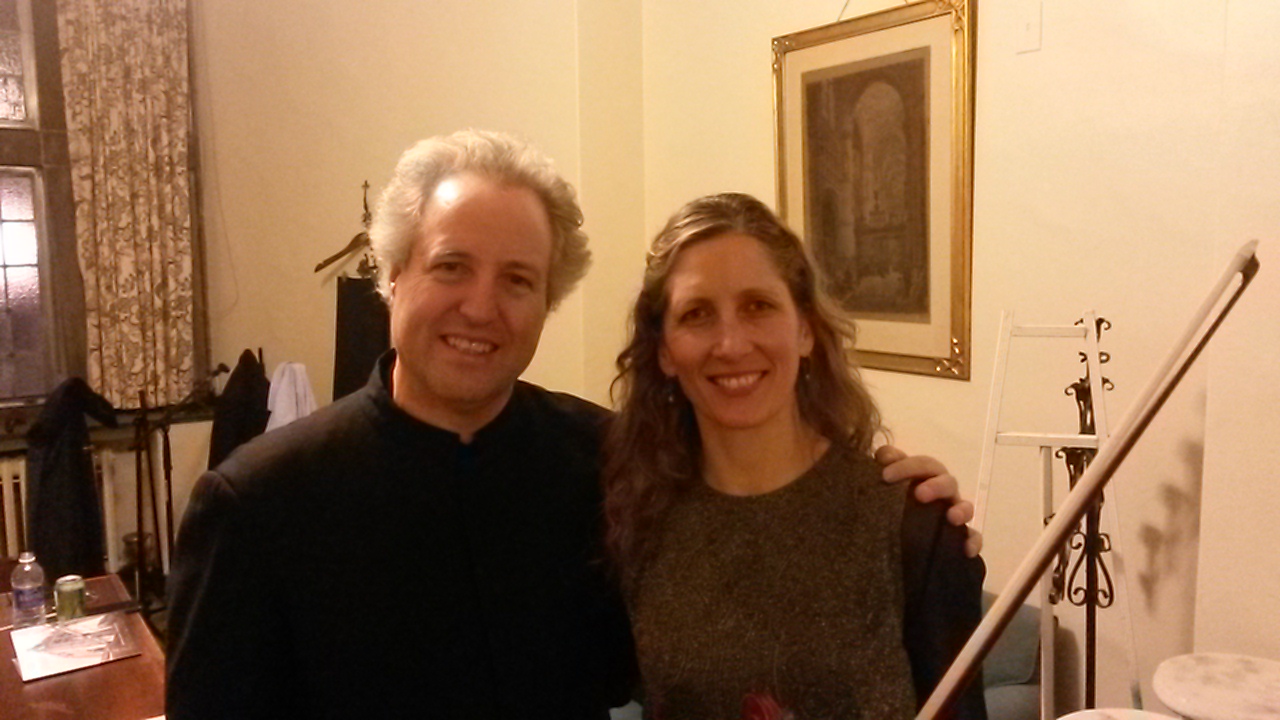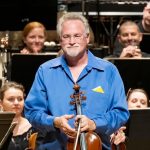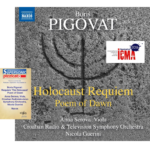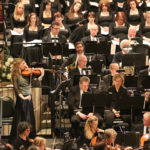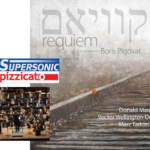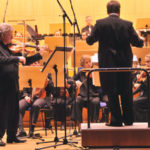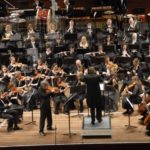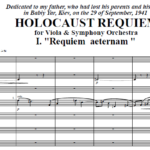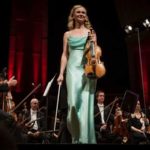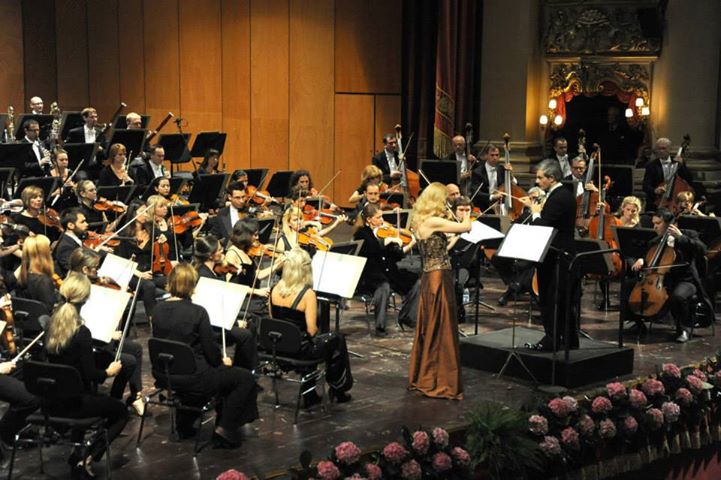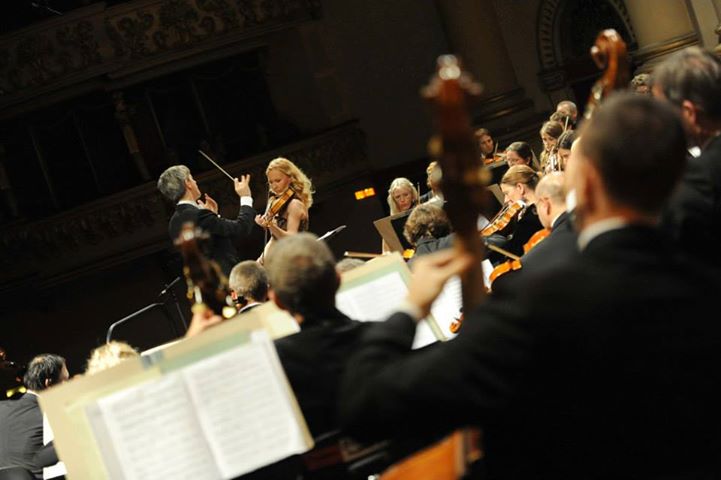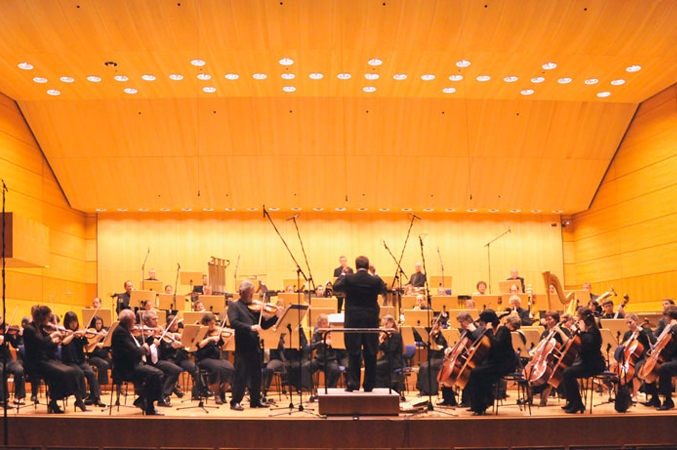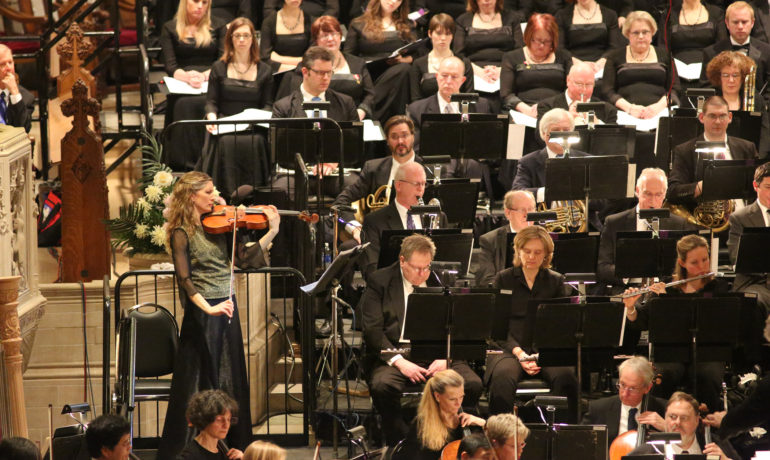
Tag: top events

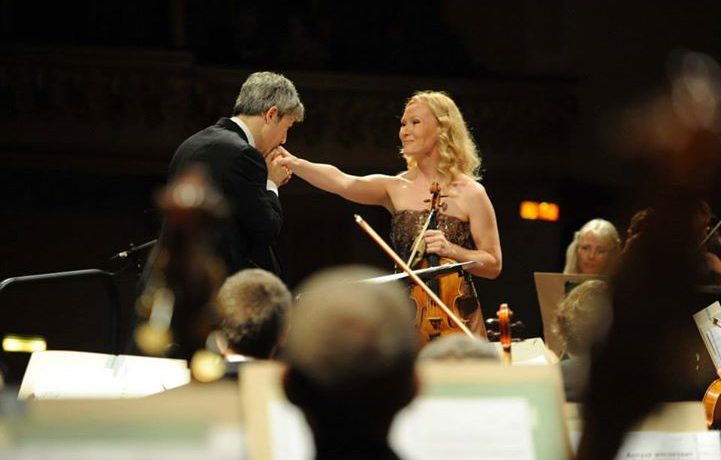
Nov, 2013: "Poem of Dawn" for Viola and Symphony Orchestra at Il Settembre dell’Accademia
- Duration: ca. 15 minutes
- 2 Fls, 2 Obs, 2 Cls, 2 Bsns, 4 Hns, 2 Tpts, 3 Tbns, Timp, Perc, Hp, solo Vla, Str.
I composed Poem of Dawn in 2010 for violist Anna Serova, to whom it is also dedicated.
The piece was inspired by Nikolaj Kun’s Legends and Myths of Ancient Greece (1914):
The morning is near… There is a faint light in the East. Aeos and Pyrios, the morning stars and harbingers of Dawn, shine brightly in the East. There is a gentle breeze. The light in the East glows brighter and brighter… In vivid colours, on rosy wings, Dawn is soaring into the illuminated sky, drenched in rosy light. Dawn pours dew from her golden urn onto the Earth, and the dew sprinkles the grass and flowers with glistening, diamond-like drops. All is fragrant, all around. The waking Earth happily greets the Sun – Helios.
I wrote Poem of Dawn using the style and compositional methods of the Russian Romantic school, which I believed to be particularly well-suited to the warm, expressive sound of Serova’s viola playing.
The premiere took place at the Il Settembre dell’Accademia 2013, Teatro Filarmonico di Verona (Italy), performed by Anna Serova and the Symphony Orchestra of Croatian Radio and TV, conducted by Nicola Guerini.
Poem of Dawn was recorded, together with Holocaust Requiem, for the Naxos label. In June 2015, the CD was released by Naxos, received the Supersonic Award from Pizzicato Magazine, and was nominated for the 2016 International Classical Music Awards (ICMA).
In September 2017, Anna performed Poem of Dawn in the 44th International Viola Congress, in Wellington New Zealand. I obtained a special approval to share the video of that amazing performance with my followers.
Click here to visit the event page where the video is available.
Below are some samples of the premiere and some photos from the event.
Samples from Naxos CD
Anna Serova, Viola
Nicola Guerini, Conductor
Symphony Orchestra of Croatian Radio and TV
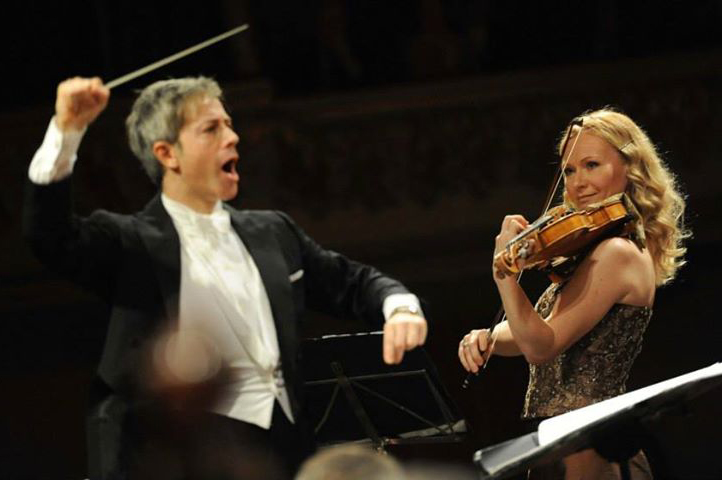
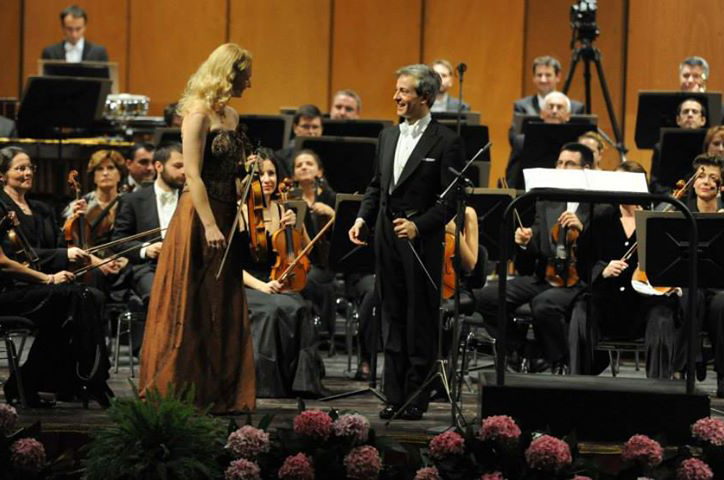
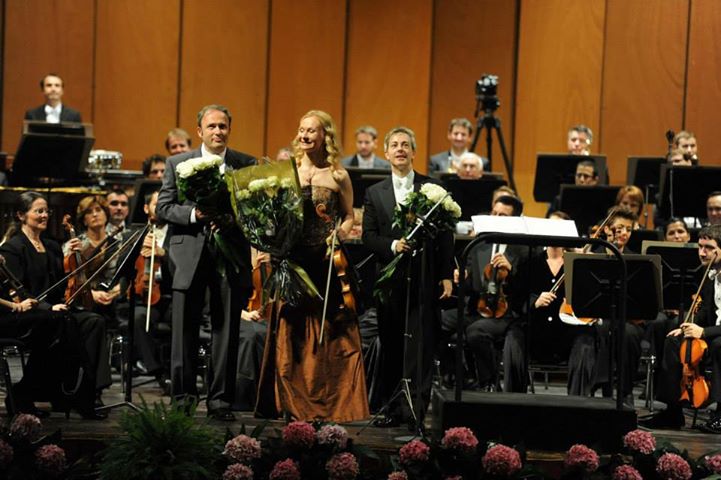
The Poem of Dawn, composed for the distinguished violist and soloist on this disc, Anna Serova, is a warm natured tone poem in the Romantic tradition, its message one of love a beauty.
This is a beautifully textured, lyrical work. Its main interest lies in the viola solo and in Serova's lyrical and beautiful performance on her instrument.
I am referring to Pigovat's rapturous "Poem of Dawn," which knocked my soaring soul out of its body and had me (still has me!) playing it repeatedly. If you love the music of Claude Debussy and have found yourself swooning over Ernest Chausson's "Poeme de l'amour et de la mer," you're sure to fall irretrievably in love with this work.
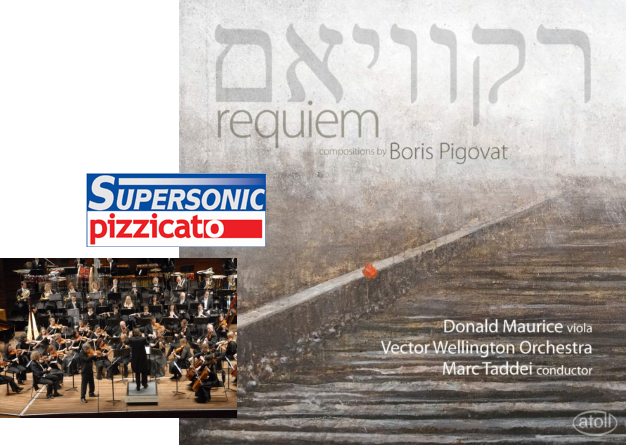
Sept, 2012: "Requiem" CD received Pizzicato's Supersonic Award
In 2010, Atoll released the “Requiem” CD, which includes the live recording from the performance of Requiem in the Concert of Remembrance for Kristallnacht 1938, and three of my other pieces, all starred by Donald Maurice (viola), an excellent performer and a dear friend of mine.
In 2012 the “Requiem” CD was awarded the Supersonic Award by the Luxembourg classical music magazine, Pizzicato.
Below are some samples from the CD.
Live recording of "Requiem" (samples)
Donald Maurice, Viola
Mark Taddei, Conductor
Vector Wellington Orchestra
Part 4 “Lux Aeterna” published by Atoll in YouTube
Prayer for Viola and Piano (samples)
Donald Maurice, Viola
Richard Mapp, Piano
Silent Music for Viola and Harp
Donald Maurice, Viola
Carolyn Mills, Harp
Nigun for String Quartet (samples)
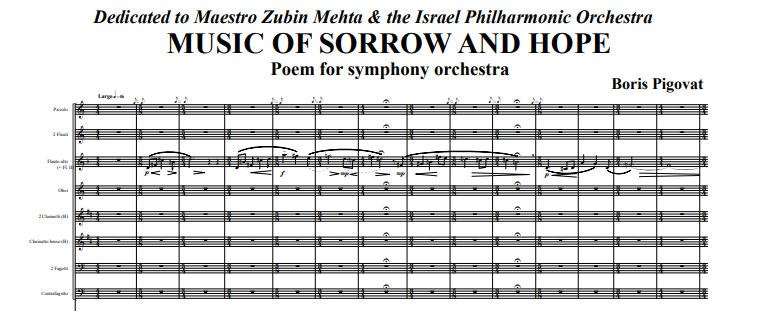
Music Of Sorrow And Hope (2011)
- Duration: ca. 22 minutes
- 3 Fls (Fl.III = Picc, Fl.II = Alto Fl.), 2 Obs, 2 Cls, B.Cl, 2 Bsns, 4 Hns, 3Tpts, 3 Tbns, Tba, Timp, Perc, Hp, Str.
Music of Sorrow and Hope was commissioned and premiered by the Israel Philharmonic Orchestra (conducted by Zubin Mehta) at their 75th Anniversary Festival in December 2011.
The theme of this work is explained in the concert’s program notes:
Sorrow, pain, suffering, anger, struggle, hope and light – it is our way and our destiny.
In 2013, Maestro Mehta and the Israel Philharmonic Orchestra performed this
work again in two concerts of their subscription series.
Below are an audio recording and a YouTube video from the live recording of the premiere.
IPO’s 75th Anniversary Festival, Tel-Aviv, December 2011
Israel Philharmonic Orchestra
Zubin Mehta, Conductor
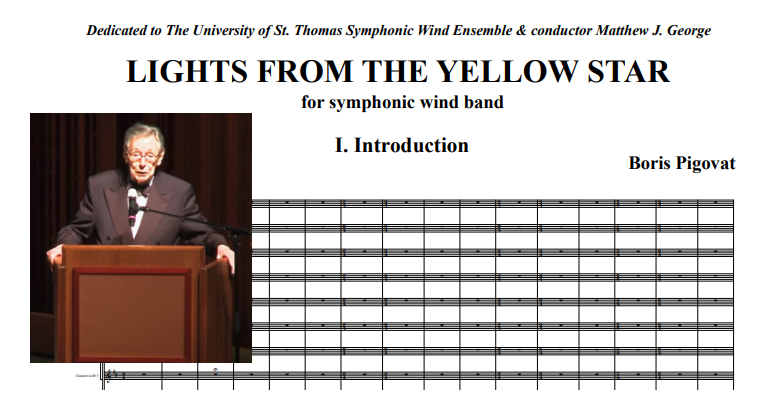
Light from the Yellow Star (2011)
For Symphonic Wind Band
- Duration: ca. 40 minutes
- Picc, 2 Fls, A.Fl, Obs, Bsns, P.Cl, 3 Cls, B.Cl, C-b.CL, S.Sx (= A.Sx.1), 2 A.Sxs, T.Sx, B.Sx, 4 Hns, 5 Tpts, 4 Tbns, Bar, 2 Tbas, Str.B, Synth, Timp, Perc (5), Solo Soprano.
In 2010, Matthew J. George, a conductor of the University of St. Thomas Symphonic Wind Ensemble, proposed that I write a composition based on books and paintings by the Holocaust survivor Dr. Robert O. Fisch.
Inspired by Dr. Fisch works, I wrote a suite of five parts:
I. Introduction
II. When the Stones weep
III. 1956
IV. Silent Music
V. Song of Love and Hope
The premiere took place in Minneapolis, in 2011, with the participation of Dr. Fisch himself; he read fragments from his books before each part of the suite and at the end of the composition. His paintings were demonstrated on a large screen during the performance. Dr. George even brought a dance ensemble for the performance!
It was extraordinary event with a big emotional impact on the audience. I invite you to view it (below are eleven clips from the premiere):
Later Matthew J. George and the University of St. Thomas Symphonic Wind Ensemble recorded Light from the Yellow Star, which was released in 2016 by the Innova label, as part of their album Persistence.
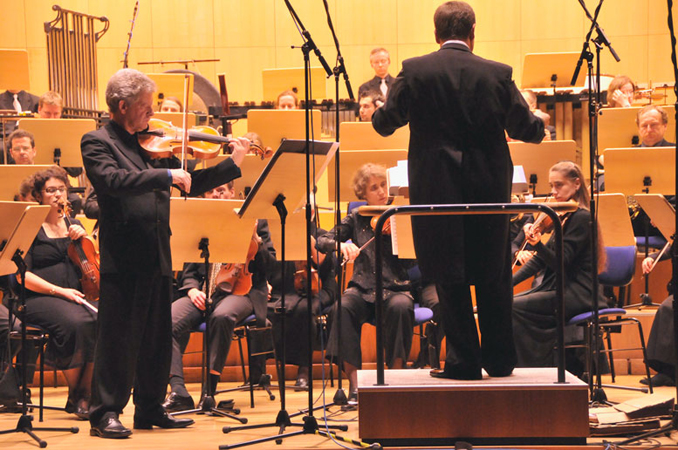
Oct, 2011: Holocaust Requiem at the International Viola Congress, Wurzburg, Germany
Viola Congress at 2011 was the third time when Donald Maurice performed Requiem, after his great performance at the Concert of Remembrance for 70th the Anniversary of Kristallnacht.
Donald received an invitation to give the work’s first-ever performance in Germany, on October 15th at the final gala concert of the International Viola Congress in Wuerzburg.
The performance commemorated the 70th anniversary of the Babi Yar massacre, and featured Donald, with the Camerata Louis Spohr orchestra from Duesseldorf, conducted by Bernd Peter Fugelsang.
Below are some photos from the event, kindly given to me by Dwight Pounds.
